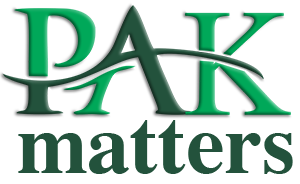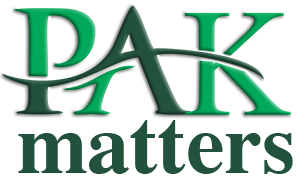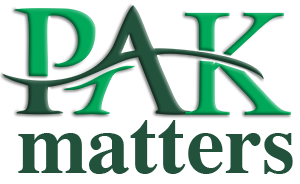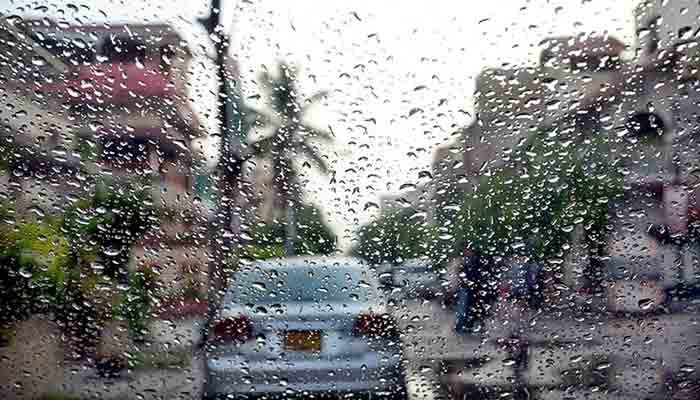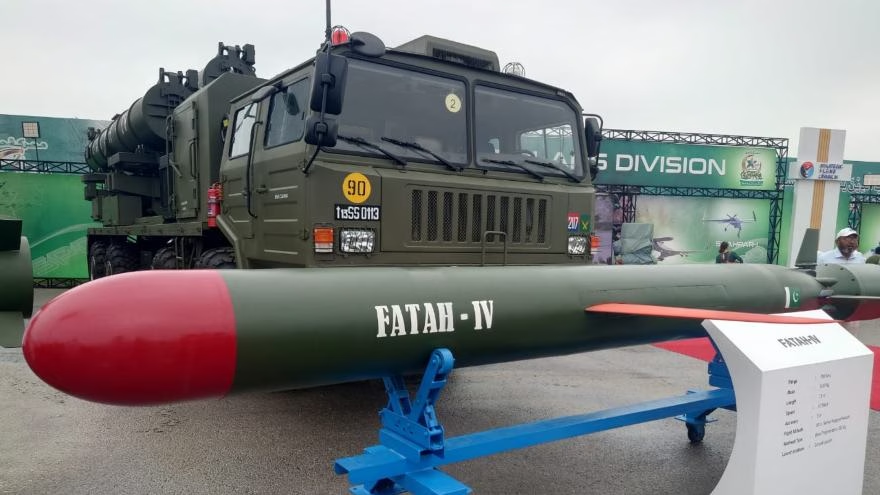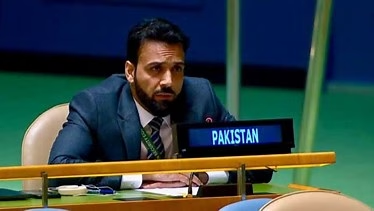Since June, there has been an increase in coronavirus cases in Pakistan, which has been predominantly linked to the novel BA.5 sub-variant of Omicron. The new regulations return to the early Covid waves after months of near-normalcy.
The nation reported 653 new infections on the previous day, with a positive rate of 3.45%, according to the National Institutes of Health (NIH).
There have been no more fatalities noted recently.
18,950 tests were performed in the previous 24 hours, and 162 individuals required critical care.
If people don’t take precautions, Covid instances could increase over the forthcoming festivities, according to health experts.
The NCOC announced today that Eidul Azha will be celebrated on July 10. The statement was followed by the announcement of many rules. “Being a prominent religious event/congregation; Eidul Azha prayer and qurbani assume additional importance amid the current Covid scenario in the country,” it read.
As advised, Eid prayers will be conducted “under strict Covid guidelines” in public areas.
In the event that it becomes necessary to worship inside a mosque, all the doors and windows should remain open to allow for ventilation.
In order to accommodate the greatest number of people while taking safeguards, it was also advised that two to three prayers be held at the same location at different times.
It went on to say that “all ulemas leading the Eid prayers should be sensitised to keep lectures brief so that people don’t have to remain in enclosed areas for a longer amount of time.”
Because they are more likely to become infected, the young, sick, and old have been warned against visiting church.
No one will be permitted to enter mosques without a mask in the interim. To prevent “jumbling up of people,” the venue will have separate access and departure points and hand sanitizer dispensers.
To prevent physical contact, the NCOC has also advised mosques to maintain a social distance of at least six feet between worshipers. To reduce the risk of illness transmission, people should also avoid embracing and shaking hands with one another.
Separately, individuals have been urged to complete ablution at home and bring their own prayer mats with them to the mosques.
Additionally, participants have been urged to promptly scatter after the congregation and have been discouraged from congregating after the prayers.
Protocols for qurbani
Through public, commercial, and community organisations, the government has also urged people to choose collective qurbani this year and ensured the implementation of safety precautions.
Ulama and religious scholars have also been instructed to encourage individuals to perform communal and “online qurbani” for this reason.
Provinces will launch awareness efforts in the meantime to inform the public about the transmission of the virus during meat distribution.
According to the NCOC, the location of the slaughtering should be far from residential areas and have plenty of open space. There shouldn’t be too many people there, and just a select few would be permitted.
No masks allowed inside livestock markets.
Today, Punjab Health Secretary Ali Jan Khan announced that anyone not wearing a mask will not be permitted admission into any of the province’s cattle markets.
He gave the market’s administration instructions to give masks and hand sanitizer to vendors and customers.
Additionally, Jan emphasised: “All citizens will be required to wear masks in public places, on public transportation, and in places of business. Additionally, social isolation has been made mandatory.”
Additionally, the authority stated that youngsters older than 11 years must receive the Covid immunisation.
